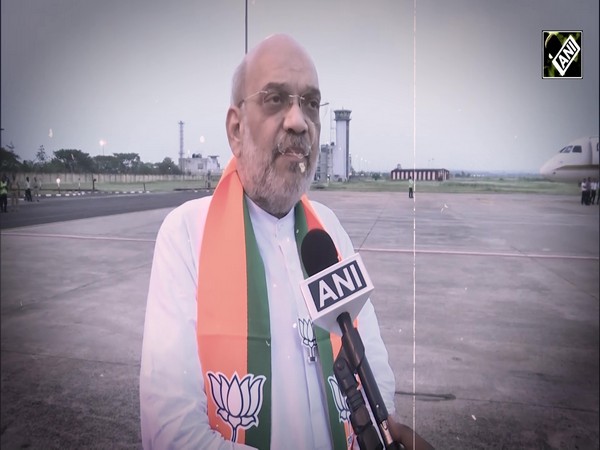IMF warns of high downside risks for Pakistan's economy
May 11, 2024

Islamabad [Pakistan], May 11 : The International Monetary Fund (IMF) has issued a stark warning about Pakistan's economic future, highlighting exceptionally high downside risks in its latest report.
The report, released ahead of talks between the Pakistani government and the IMF on a new long-term programme, underscores concerns about the country's stability and the challenges it faces, Dawn reported.
According to the IMF staff report, "Downside risks remain exceptionally high. While the new government has indicated its intention to continue the SBAs (standby arrangement) policies, political uncertainty remains significant."
This uncertainty, it warns, could have profound effects on policymaking, particularly given the high cost of living and other political complexities.
The IMF also cautions that policy slippages, coupled with decreased external financing, could derail Pakistan's progress towards debt sustainability and put pressure on the exchange rate.
Furthermore, external stability is threatened by factors such as higher commodity prices, shipping disruptions, and tighter global financial conditions, all of which could exacerbate the nation's financial challenges, as reported by Dawn.
Emphasising the urgency of the situation, the IMF stresses the importance of timely disbursements of post-programme external financing. While Pakistan recently completed a short-term USD 3 billion programme, Prime Minister Shehbaz Sharif has underscored the need for a fresh, longer-term arrangement to address the country's ongoing economic issues.
Last summer, Pakistan narrowly avoided default, and since then, the economy has stabilised, with inflation dropping from a record high of 38 per cent in May to around 17 per cent in April. However, significant challenges persist, including a high fiscal shortfall and stagnant growth, which is projected to be around 2 per cent this year, compared to negative growth last year.
To address these challenges, Pakistan is expected to seek at least USD 6 billion from the IMF and request additional financing from the Fund under the Resilience and Sustainability Trust, Dawn reported.


















